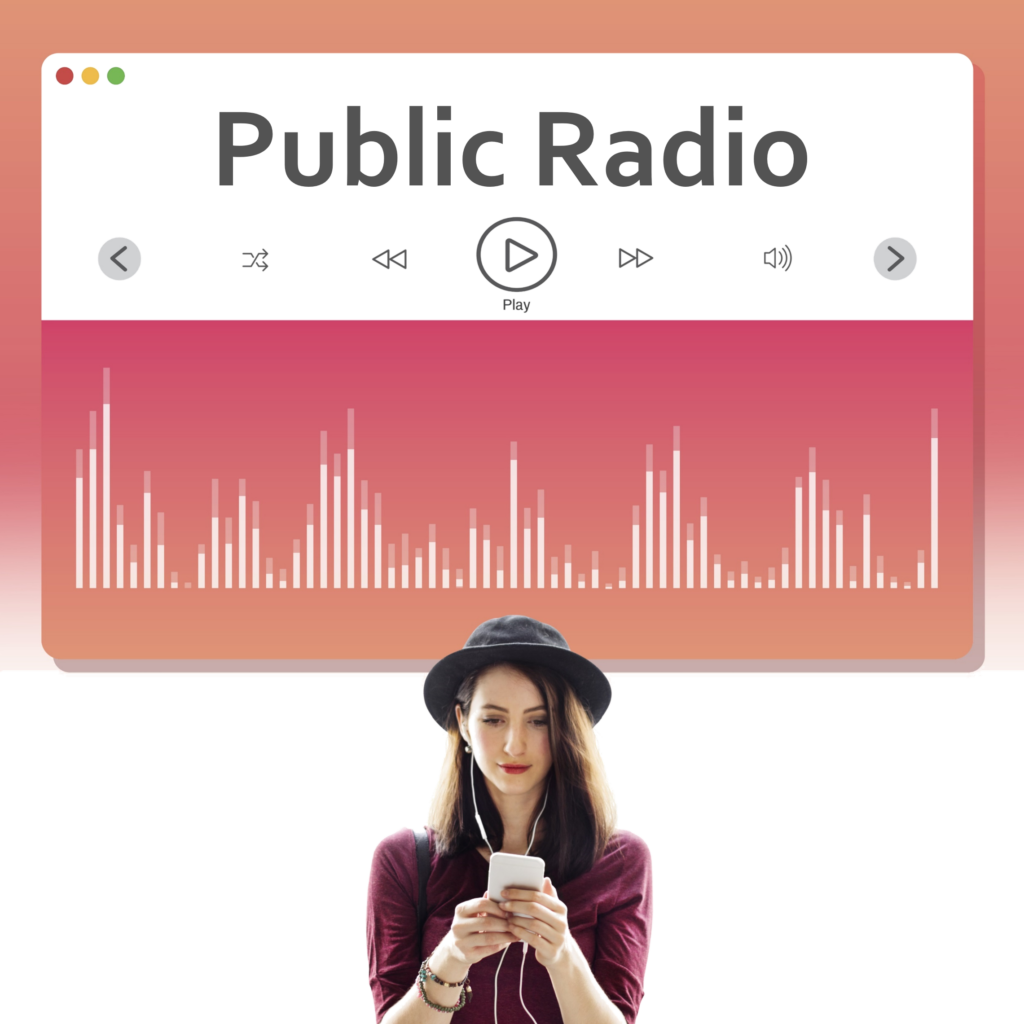
You have to hand it to public radio – they thrive on staying ahead of the curve.
In 2015, PRPD – the group dedicated to advocating for public radio program directors – sought out funding for an initiative to help the system better understand the opportunities and challenges presented by Millennials. PRPD President Jody Evans was the “showrunner” for the initiative that became known as the Millennial Research Project, quickly rounding up its financing.
The money didn’t come from the Corporation For Public Broadcasting, NPR, or a foundation. Instead, a group of 15 engaged public radio stations anted up the necessary funding to make this major qualitative survey happen. Jacobs Media was selected as the research company, and off we went, designing and executing this multi-tiered ethnographic study. And its stakeholders believe that by sharing it, the MRP will benefit the entire public radio community.
The focus of the Millennial Research Project was a series of 12 ethnographic interviews among Millennial public radio listeners in Charlotte, Chicago, Michigan, and Los Angeles late last year and early this year. We spent an entire day with each respondent – starting when they got up in the morning, through their workdays, and at night – observing their lives, and in particular, their media habits.
We videotaped these interviews, and have spent the last many months poring through them, observing behavior, and paying close attention to what they told us about media. The fact these interviews took place in the aftermath of the election, and through the inauguration provided rich color to an already fascinating process.
I presented the findings at PRPD’s Public Radio Content Conference earlier this week in Washington, D.C. And the response to our “Millennial Dozen” videos has been gratifying.
PRPD and the 15 stakeholders want to share the top-line results with the radio industry. And while they will resonate better in the public radio community, anyone in radio can benefit from these learnings.
So, here are 10 things we took away from the Millennial Research Project. We hope these findings stimulate local and national initiatives to ensure radio remains vital among America’s youth.
1. Don’t stereotype them
While they don’t generally mind the term “Millennials,” they don’t appreciate being lumped together and categorized as being slackers, privileged, or any of the other stereotypes that have proliferated. They reminded us of the various segments under the Millennial umbrella – college kids, twentysomethings entering the workforce, and those in their early 30s who are venturing out into the family experience. And we also heard about the impact of the recession, student loans, and other road blocks many have faced at a very young age. By and large, they came across as hard-nosed, practical survivors who are smart, informed, and engaged.
2. Radios at home were scarce…
We saw signs of this in The Bedroom Project exactly a decade ago. And it was more pronounced in this study. Most don’t have a working radio where they live, so they listen to “radio” on their smartphones, tablets, and laptops.
3. And they wake up with their smartphones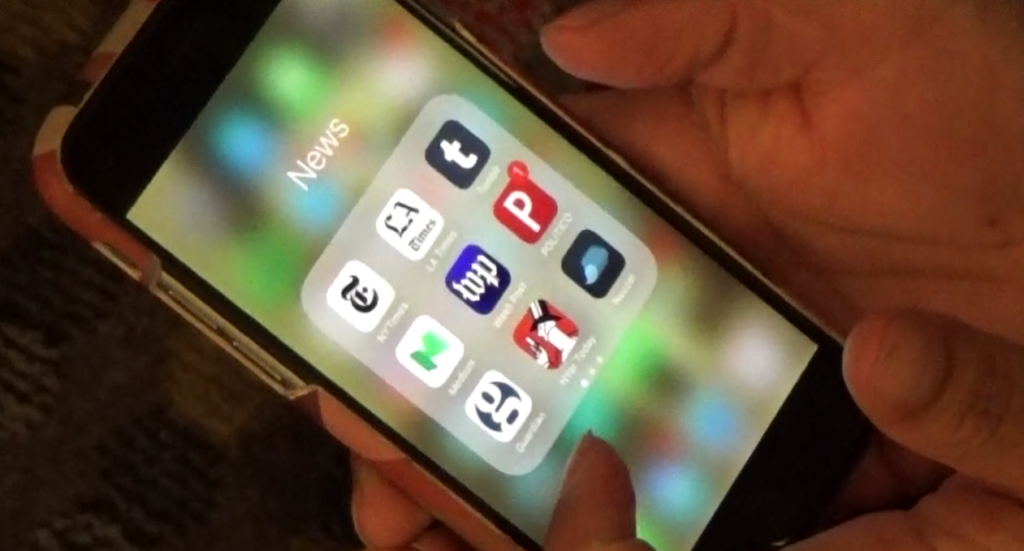
We’ve seen it in our Techsurveys over the past few years – the day starts with their smartphones, often checking Facebook, emails, and alerts that came in overnight. Many use numerous apps that connect them with preferred news and information outlets.
4. They aren’t necessarily techies…
They use gadgets and platforms that practically make their lives better and access the content they care about. Unlike Baby Boomers, they don’t get real excited or caught up by tech – it’s always been there and they use it when they need it.
5. …and they use “old school” media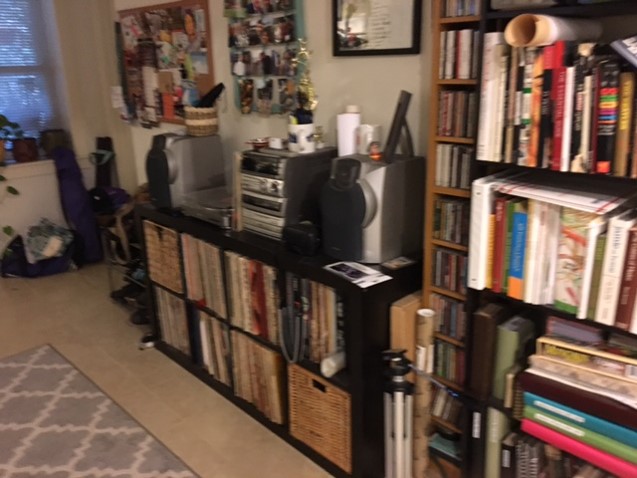
Most had vinyl records and turntables. Several read books, and some even use journals. While digital is omnipresent in their lives, many of our Millennial Research Project respondents own media and devices that more associated with Boomers.
6. They aren’t working at cool places like Facebook or Google
In fact, their jobs tended to be unglamorous. Most are slugging it out in their first or second jobs. And they work hard. We kept up with them throughout their workdays, and they tend to be focused on the task at hand. So much so, that most aren’t listening to a whole lot of radio while they work.
7. They discover news through social media and push notifications
A radio may not be on at work, but they’re not completely out of the news loop. Checking social media or receiving push notifications grab their attention – and motivate them to check out news stories. Many have developed a certain level of distrust and skepticism about social media during the past year or so in the advent of so-called “fake news.” And the best line of the Millennial Research Project came from a respondent who described Facebook as “the suburbs of social media.”
8. They are cord cutters – or never subscribed to pay TV to begin with
Netflix is common, but few pay that big monthly bill for cable or satellite TV. And their preference is to control their TV viewing, rather than wait around for shows to air in real time.
9.They sure like podcasts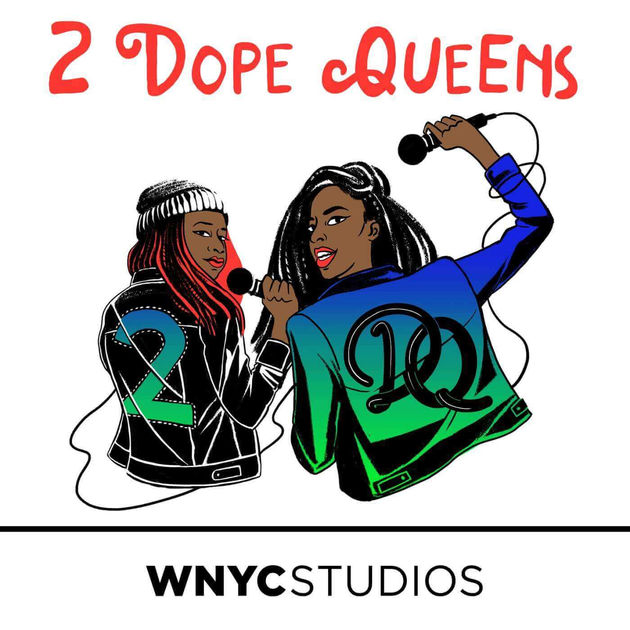
In the same way they watch videos, they are primary podcast listeners. Many enjoy public radio podcasts, but their on-demand audio diets are expanding, opening them up to new hosts, new concepts, and more programming diversity.
10. The election has been a game-changer
It was serendipitous that our ethno interviews generally occurred just after the election, and stretched into the Trump Administration’s first month in the White House. The election and the frenzy before and after has stimulated even more interest and engagement in the world around them.
BONUS TAKEAWAY: They appreciate public radio for the same reasons everyone else does
What public radio refers to as their “core values” – objectivity, balance, lifelong learning, and civility – are all attributes they mention with frequency, especially during the media scrum that plays out every day on talk radio or cable news channels. In this way, they’re very much like older generations that appreciate public radio.
For the public radio programmers and managers I’m hanging out with this week at PRPD’s Public Radio Content Conference, this has been a fascinating period because of the frantic news cycle we’re all experiencing. 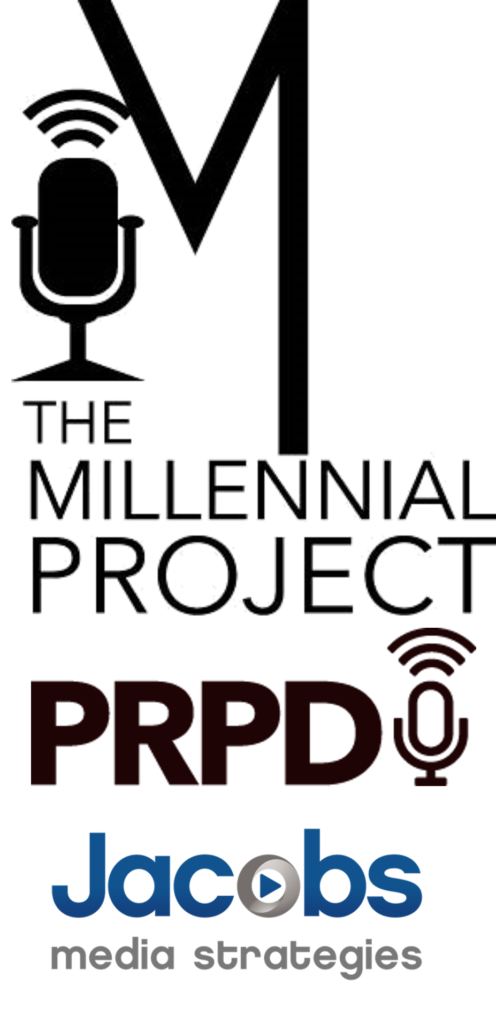 And this project couldn’t have come at a better time to gain a better understanding of public radio’s trajectory.
And this project couldn’t have come at a better time to gain a better understanding of public radio’s trajectory.
This collective research effort stands out as one of the most satisfying endeavors our company has participated in. We know you’ll be reading more about it in the days and weeks to come.
And whether you work in public radio, commercial radio, or the digital media business, a better understanding of this pivotal generation is paramount as radio moves into a future that is ever-changing and uncertain.
Research is the foundation from which we plan, strategize, and hopefully innovate.
Kudos to public radio in general, and PRPD and our 15 stakeholders specifically, for their prescience and vision.
Stakeholders for the Millennial Research Project are Minnesota Public Radio News, St. Louis Public Radio/KWMU, WLRN, Vermont Public Radio, Michigan Public Radio, WBUR, WGBH, New Hampshire Public Radio, KNKX, KPCC, Wisconsin Public Radio, KUT, WBEZ, WNYC, and KJZZ.
Thanks to the Jacobs Media staff, Paul Jacobs, Seth Resler, and Lisa Riker for their critically important effort and expertise in the MRP.
- Radio, Now What? - April 14, 2025
- The Hazards Of Duke - April 11, 2025
- Simply Unpredictable - April 10, 2025




Fascinating, interesting and enlightening findings, Fred. Some not surprising – points 1, 2, 3, 6, 7, 8, 9. Some very surprising – 4 – not techies?, 5 – use old school media?, 10 – results of election made them more engaged.
Great definition of Facebook as “the suburbs of social media”.
A little surprised they are fans of Public Radio, however, as a long time listener to Public Radio that was good to see. No different than most businesses, attracting Millennials is crucial to the future success of NPR.
Excellent Work!
Ted, glad you got something out of this study. It was fascinating, and many public radio stations are experiencing a “Trump bump” with younger people contributing. Appreciate the comment and the kind words.
But…but….I like NPR and stuff but aren’t we most concerned with commercial radio and what happens to it?
I know you said it’s lessons for us all. So we now try to adapt these lessons to commercial radio? We’re going to need help from you guys then.
Robin, you are right – there are issues for both commercial and public radio. And while some of them are different, many others are common challenges, shared by both systems. Public radio was wise and prescient enough to go after this issue with this study. Commercial radio has to confront this generation, too. It’s about investing in R&D to better understand Millennials. Research like the Infinite Dial studies, our Techsurveys, and other major national efforts are helpful and even insightful, but broadcast radio (yes, commercial) is going to need a more concerted effort.